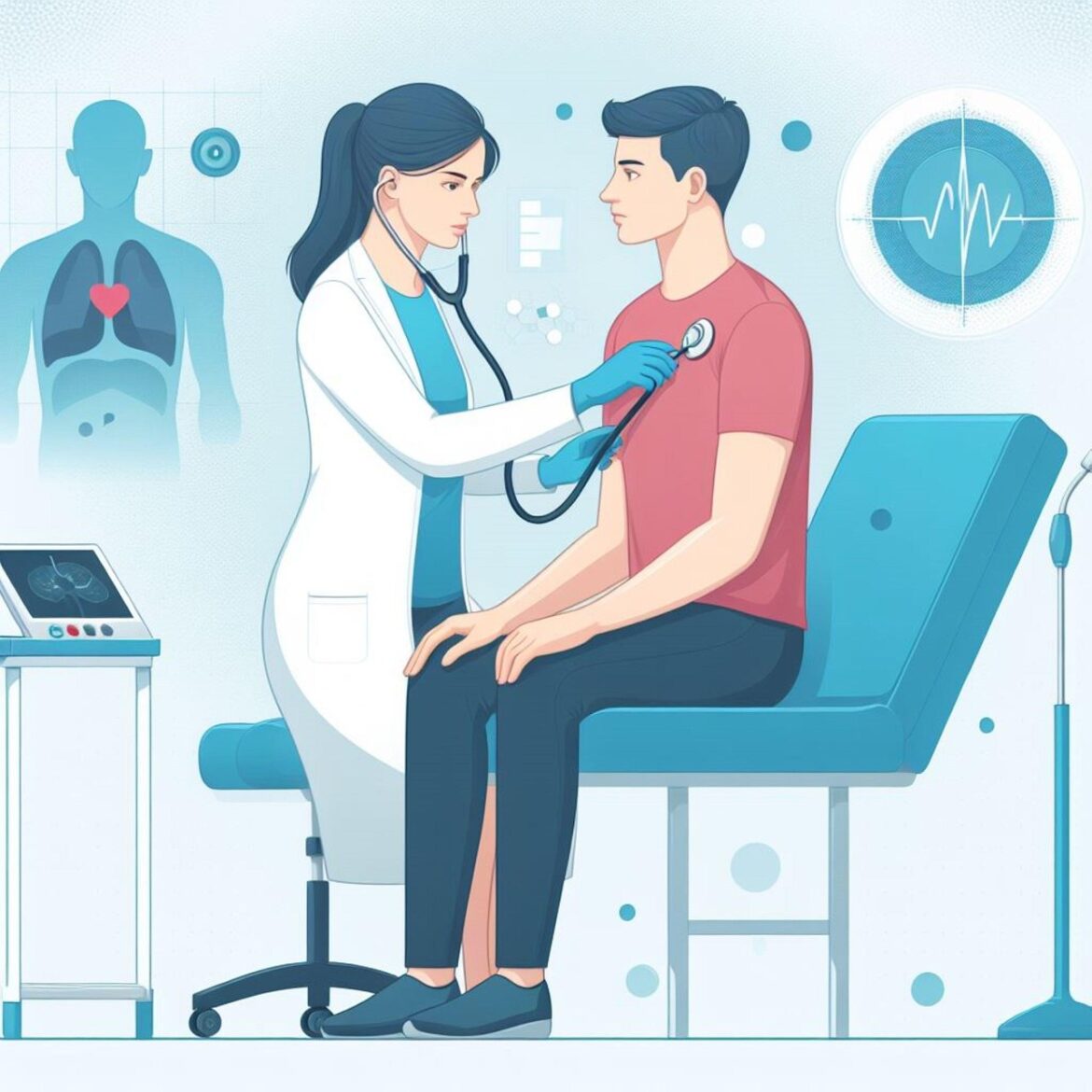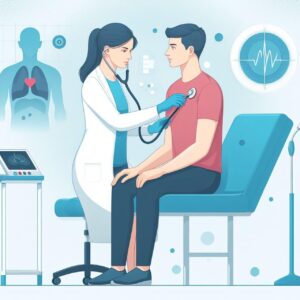From fitness trackers to high-tech medical monitors, wearable devices help people keep track of their health and give doctors important information. They measure things like heart rate, sleep patterns, blood sugar levels, and more. Wearables make it easier for people to stay healthy and for doctors to offer better care. As these devices become more advanced, they also bring challenges, like keeping data secure and connecting with other medical systems. Let’s explore how wearable devices are making healthcare smarter and more helpful for everyone.
Keeping an Eye on Your Health
Wearable devices make it easy to track your health no matter where you are. Fitness trackers, for example, can count your steps, measure your heart rate, and even check how stressed you are. Some medical wearables go even further, keeping track of serious conditions like irregular heartbeats or blood sugar levels for people with diabetes. These devices can alert you to problems early, so you can take action. Doctors also use the information from wearables to make quicker and better decisions about your care. With wearables, staying on top of your health is simple and convenient.
Helping Patients and Doctors Stay Connected
Wearable devices are great at connecting patients and doctors, even if they’re far apart. A smartwatch or other wearable can send your health information, like your heart rate or activity levels, straight to your doctor. This is especially helpful for people recovering from surgery or those who live in rural areas where it’s hard to visit a doctor in person. Doctors can monitor your progress in real-time and adjust your treatment if needed. Wearables make healthcare more accessible and help build stronger connections between patients and providers.
Fitting Wearables into Healthcare Systems
While wearable devices are super useful, they also bring challenges, like how to fit them into existing healthcare systems. The data these devices collect needs to be stored and analyzed properly, which means creating new ways to handle all that information. It’s also important to keep the data secure. Tools like cybersecurity for healthcare protect this sensitive information while allowing the devices to work with hospitals and clinics. Without these systems in place, the full benefits of wearables can’t be realized. Making sure wearables work well with existing healthcare systems is key to their success.
Encouraging Healthier Habits
One of the coolest things about wearables is how they help people make better choices. Many devices come with apps that encourage you to stay active, get enough sleep, or drink more water. They might remind you to take a walk or track how many calories you’ve burned during the day. Seeing your progress in real-time can motivate you to stick to your goals. Some apps even reward reaching milestones, making being healthy feel fun. Wearables help turn small actions into lasting habits that improve your overall well-being.
The Future of Wearables in Medicine
Wearable devices are only going to get smarter and more helpful in the future. Soon, you might see wearables that can predict illnesses, monitor mental health, or detect infections before symptoms appear. Artificial intelligence could make wearables more personalized, giving advice based on your unique health data. They could also help doctors improve treatments or train medical students using virtual simulations. Wearables will keep evolving, and they’ll play an even bigger role in keeping people healthy and improving the care they receive.

